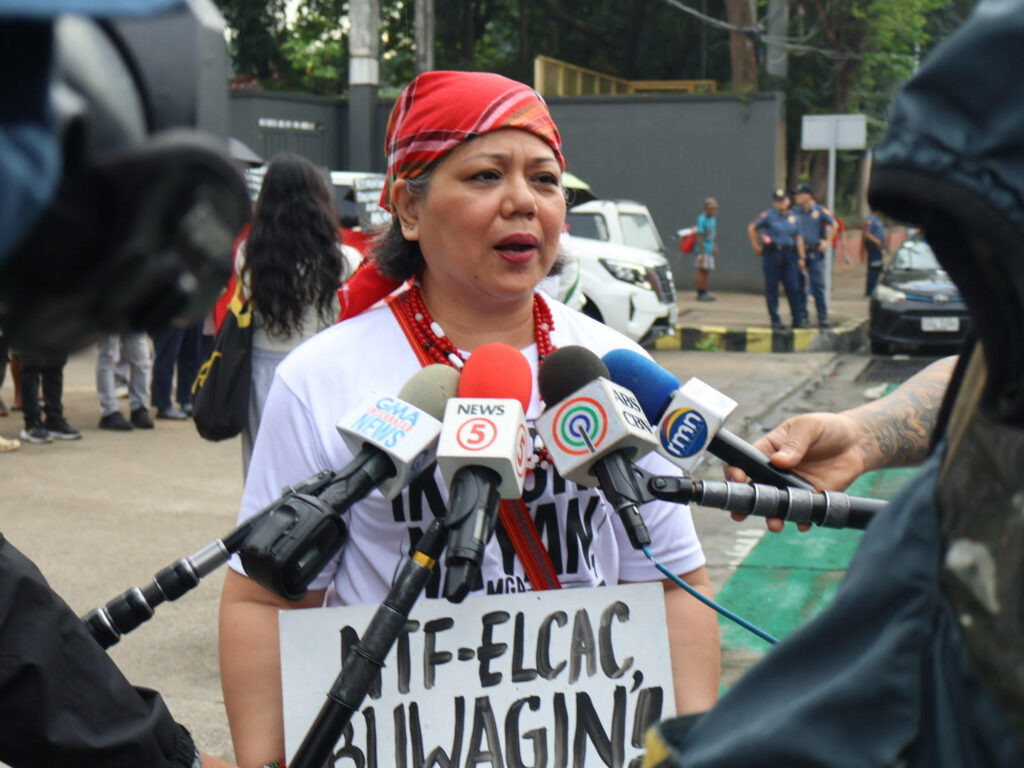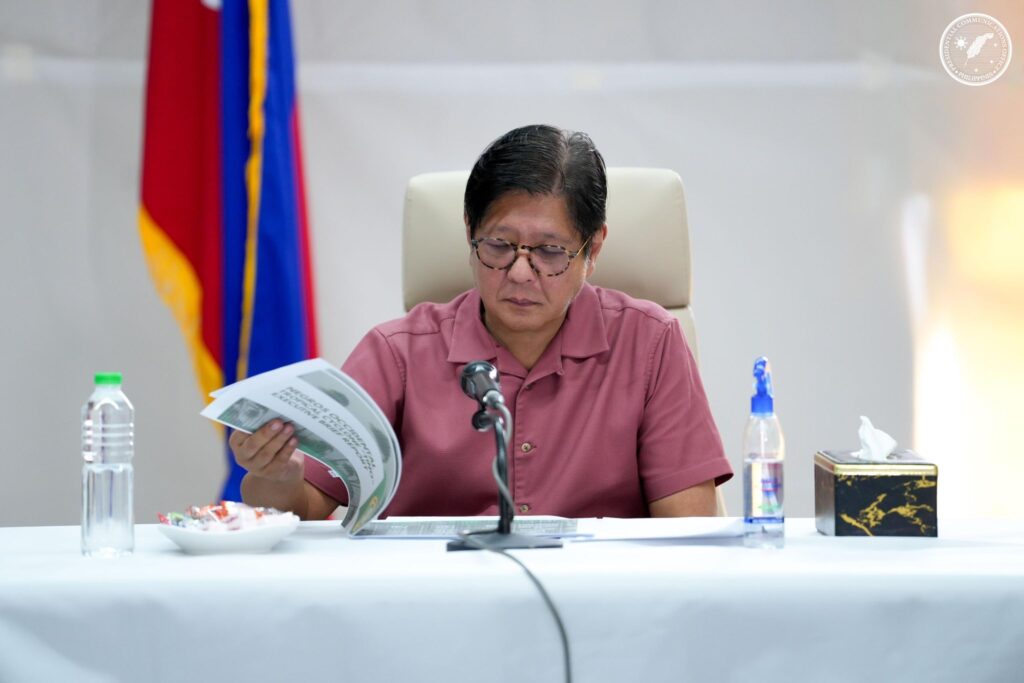The Marcos administration claims it aims to lower the price of rice to Php20 per kilogram (kg), but the Benteng Bigas Meron Na! (BBM Na!) program is merely a publicity stunt with a very limited budget, according to research group IBON. The group emphasized that only significant structural reforms, rather than superficial temporary measures, can truly provide affordable rice to millions of Filipinos.
Launched in the Visayas on May 1, the BBM Na! program is currently operational in 19 towns in Cebu and over 30 Kadiwa centers in Metro Manila and nearby provinces. Through this program, beneficiaries of the Pantawid Pamilyang Pilipino Program (4Ps), senior citizens, solo parents, and persons with disabilities can purchase up to 30 kgs of rice each month. Contingency funds from the Office of the President have been set aside to assist around two million households, but this support is only available until December 2025.
While it may provide some temporary relief for a limited number of families, IBON argues that the BBM Na! program lacks sincerity. It restricts rice access for poor households, operates on a tight budget, and neglects millions of others who also face food affordability issues. This initiative falls far short of the comprehensive action required to achieve Php20 rice and appears to be a public relations ploy masquerading as policy.
IBON pointed out that the 30-kilo monthly limit per household is about 20 kilos less than the 50-kilo monthly consumption for a typical Filipino family of five. This figure is based on the Philippine Statistics Authority (PSA) data, which indicates an annual rice consumption of 118.8 kilograms per person.
The Php4.5-billion allocation for BBM Na! is only sufficient for 997,761 households until December, assuming a Php13 subsidy for each kilo of National Food Authority (NFA) rice priced at Php33. IBON noted that this leaves over a million households excluded from the government’s claimed two million targeted beneficiaries.
Finally, even the BBM Na!’s goal of reaching two million households represents just a small portion of its claimed beneficiaries, as the 4Ps already includes over four million households.
IBON stated that this reveals BBM Na! as nothing more than a political maneuver aimed at suppressing the rising discontent regarding the president’s unfulfilled promise of Php20 rice. It underscores the government’s lack of sincerity in asserting its commitment to providing cheaper rice for Filipinos, particularly for those in vulnerable situations.
As the Marcos administration reaches its midterm, it remains far from realizing affordable rice due to its reluctance to implement the necessary bold actions. These actions should include reducing reliance on rice imports, offering significant and direct assistance to farmers, purchasing local rice in bulk to distribute at low prices across the country to lower market rates, and, most importantly, genuinely revitalizing local agriculture. #




